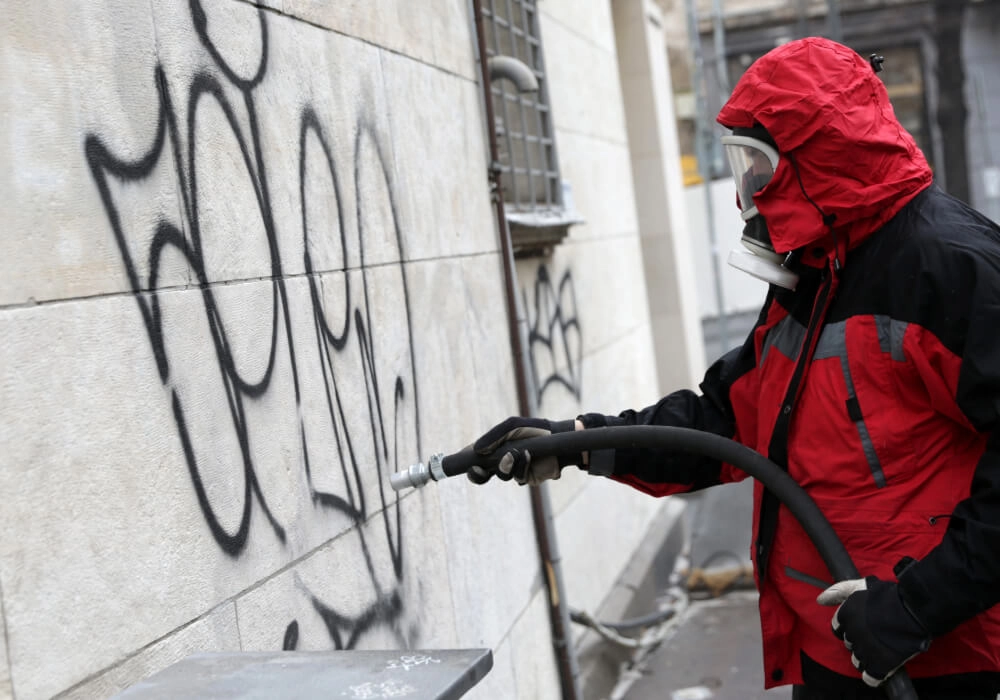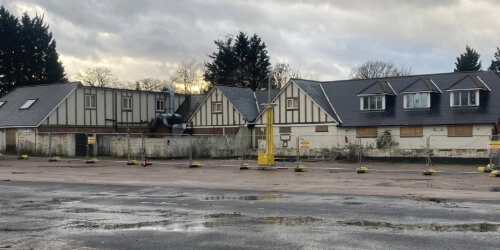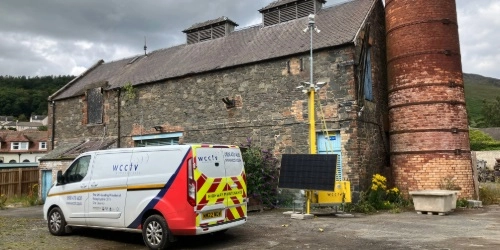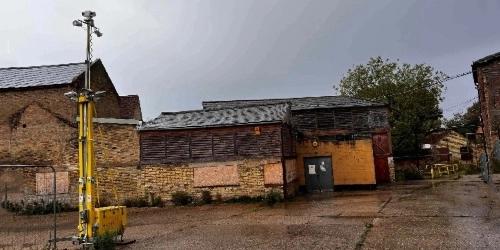Vacant property often has more security vulnerabilities than other property types, with around 1 in every 25 homes across England labelled vacant, and over 265,000 of them classed as ‘long-term’ empty. Do you understand what the term ‘vacant property’ actually means and the risks to be aware of?
What is Classed as a Vacant Property?
A vacant property represents a property of any type that is currently not in use and is sitting vacant without any occupants or personal property held there.
Vacancy can be due to various reasons such as, foreclosure, repossession, renovation, personal reasons, or due to a sales situation. Property that is intended to be demolished or condemned would also be covered under the ‘vacant property’ definition.
There are several scenarios that would fall under the ‘vacant property’ definition:
- Commercial properties that have been cleared
- Unused warehouses, storage spaces or studios
- New builds or apartments that are not yet occupied
- Homes waiting to be sold
Is an Unoccupied Property Considered ‘Vacant’?
An unoccupied property is a property where personal items or furniture still remain, however, there are no occupants in the property itself.
Due to personal property being present, it would not be classified as a vacant property as to be labelled this, the personal property could not be there.
Why are Vacant Properties Vulnerable to Security Risks?
Vacant properties in the UK will often be more vulnerable to security risks for numerous reasons:
- Lack of occupancy meaning there is less natural security of the property.
- Less likely to be maintained as a property which can be attractive to criminals.
- Often based in secluded locations leading there to be less visibility.
- Empty property that can be taken advantage of more easily by criminals.
The lack of occupancy and empty space provides criminals with a sense of safety, whilst property managers and building owners are left to pick up the pieces, which can be costly.
The Related Security Risks to Vacant Properties
Security is considered essential for vacant property due to the increased vulnerabilities, and in order to understand how to tackle them, the first steps are to understand the specific security risks presented to this property type:
Property Theft and Vandalism
Around 750,000 vacant buildings in the UK are vandalised every year according to the Office of National Statistics.
Property theft and vandalism is prevalent within vacant property due to the lack of occupancy. This type of crime can cause expenses surrounding repairs, renovation, and replacements.
For properties such as, new builds, repossessed housing or commercial property, there can be periods of time where properties are vacant, however occupancy is soon to begin. Property theft and vandalism can cause delay as necessary changes are implemented to ensure it is of standard for the following occupiers.
With rising prices expected to continue with metal, particularly copper, risks to vacant properties regarding metal theft only increases as copper pipes, lead flashings on roofs, radiators, and heating and air conditioning units become easy targets for thieves.
This is minimal work for them, but maximum impact on those managing or who own the vacant properties.
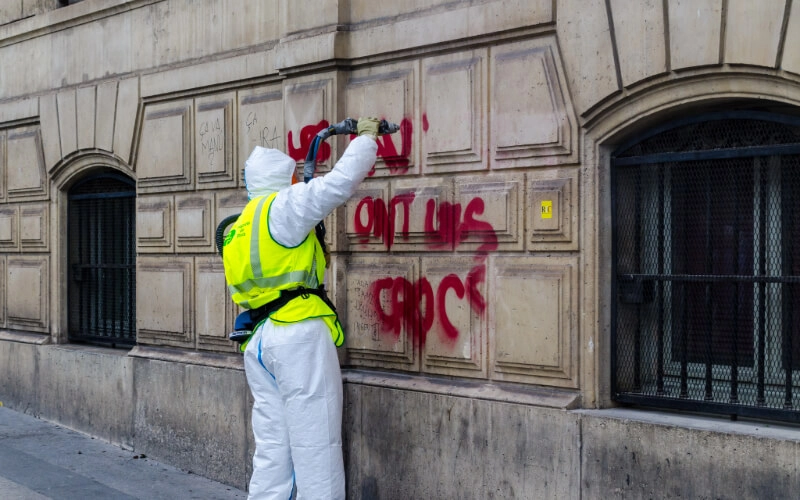
Squatting
The rise in both homelessness and vacant properties, often leads these properties at risk of squatting.
20,000 individuals squat in unoccupied properties according to the Ministry of Justice. As vacant property is without personal property, there may be a difference in figures, however, in general empty houses can be taken advantage of easily by squatters.
Although it is illegal to squat in residential property and there is support in place for commercial properties to regain legal possession, squatters can claim adverse possession which can lead to the loss of legal ownership.
Where squatters have been legally removed from the premises, there is still the possibility of property damage that could cost the owner or manager to amend.
Higher Risk of Fires and Arson
With a lack of occupancy it can be easy to believe that a vacant property would not be at any higher risk to fires or arson than one that is occupied. In fact, more likely, you may think the chances are lower.
However, you will be surprised to know that the Home Office estimates there are 60 fires everyday in or beside buildings that are empty.
Non-domestic properties must comply with the Fire Safety Act present, however, arson can still occur and the likelihood that this will happen with a vacant property compared to an occupied one is greater than you think.
Fires can impact the property you own or manage as well as those surrounding it, causing physical and financial damage in which you could be burdened with.
Environmental Damage
Unlike occupied properties, you will often find that vacant properties are maintained less frequently due to there being no individual to monitor and report any associated issues.
This can lead to them being prone to environmental damage including adverse weather, water ingress, fly-tipping and general deterioration.
Repairs can be costly, especially when left for a long period of time where the issue can worsen and have greater impacts on the property itself.
On average fly-tipping clearance costing up to £200, and extreme cases costing up to £1000, the repercussions of such crimes create heavy financial implications often falling on the property owner or manager.
Empty spaces entice this behaviour and without regular checks during the more unpredictable weather seasons such as Winter, damage can be created without any individual being made aware of this for a long period of time.
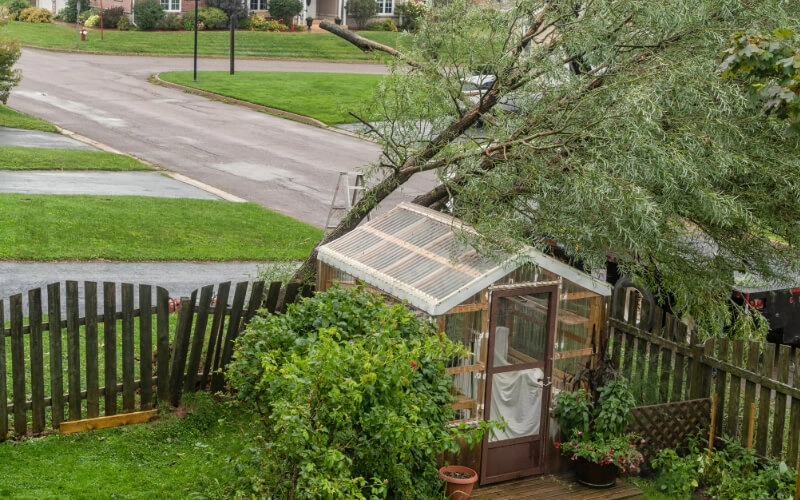
Anti-Social Behaviour
Anti-social behaviour (ASB) ranges from vandalism and graffiti to loud parties, loitering and drug dealing.
Vacant properties will often provide a quiet, empty space where such criminal activity can be hidden or occur more easily.
This type of activity can be costly to property owners or managers as they will be expected to take on any clean-up, even if the perpetrators are located. This liability can also fall on them if an individual involved in this injures themselves in the process.
It can also speed up the deterioration of a property as ASB can create damage that could hinder the value of the property long-term or require expensive repairs.
Trespassing
Trespassing is illegal within the UK, however, this does not stop individuals from entering properties, particularly if they look abandoned like vacant properties.
Commercial and large industrial properties are quite popular with this type of crime due to the vast space they cover and the difficulty in protecting this. However, preventing trespass is key for any owner or manager.
Trespassers can damage property, leading you with the bill to repair or clean-up from it.
Additionally, due to your responsibilities, whether that be as the owner or manager, if a trespasser injures themselves on the property, you may be liable for this. This would lead to financial implications in compensation or increased insurance premiums in future.
For those intending to sell the property, you may be unable to provide vacant possession if you do not take the necessary steps to protect it from trespassers.
Respond to the Risks: Protect Your Vacant Property
Staying ahead with your security is the best solution for protecting a vacant property from the risks that they are faced with. In all cases, criminals rely on the lack of occupancy as their opportunity to damage, steal or use the property themselves.
Start the process of securing your vacant property or building today by getting in contact with one of our security solution experts!
